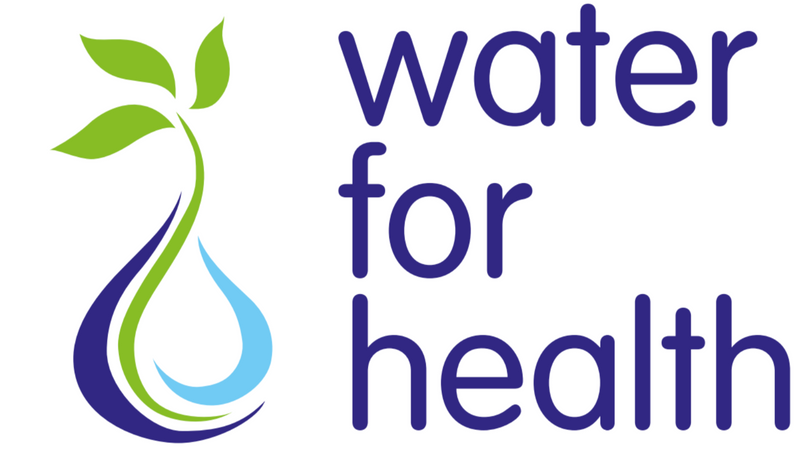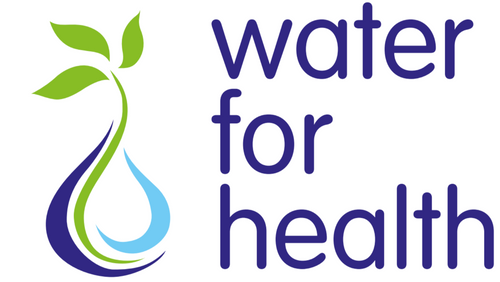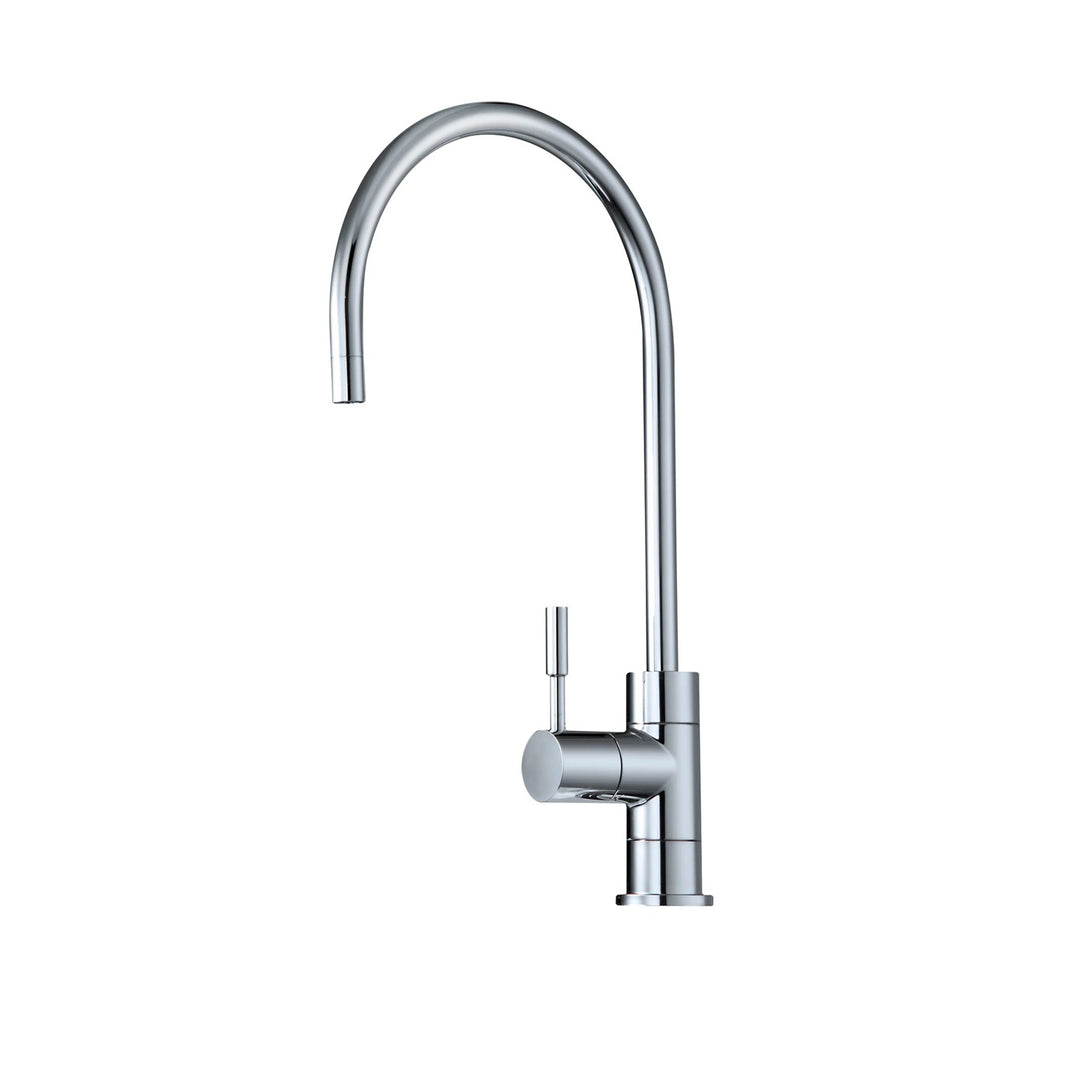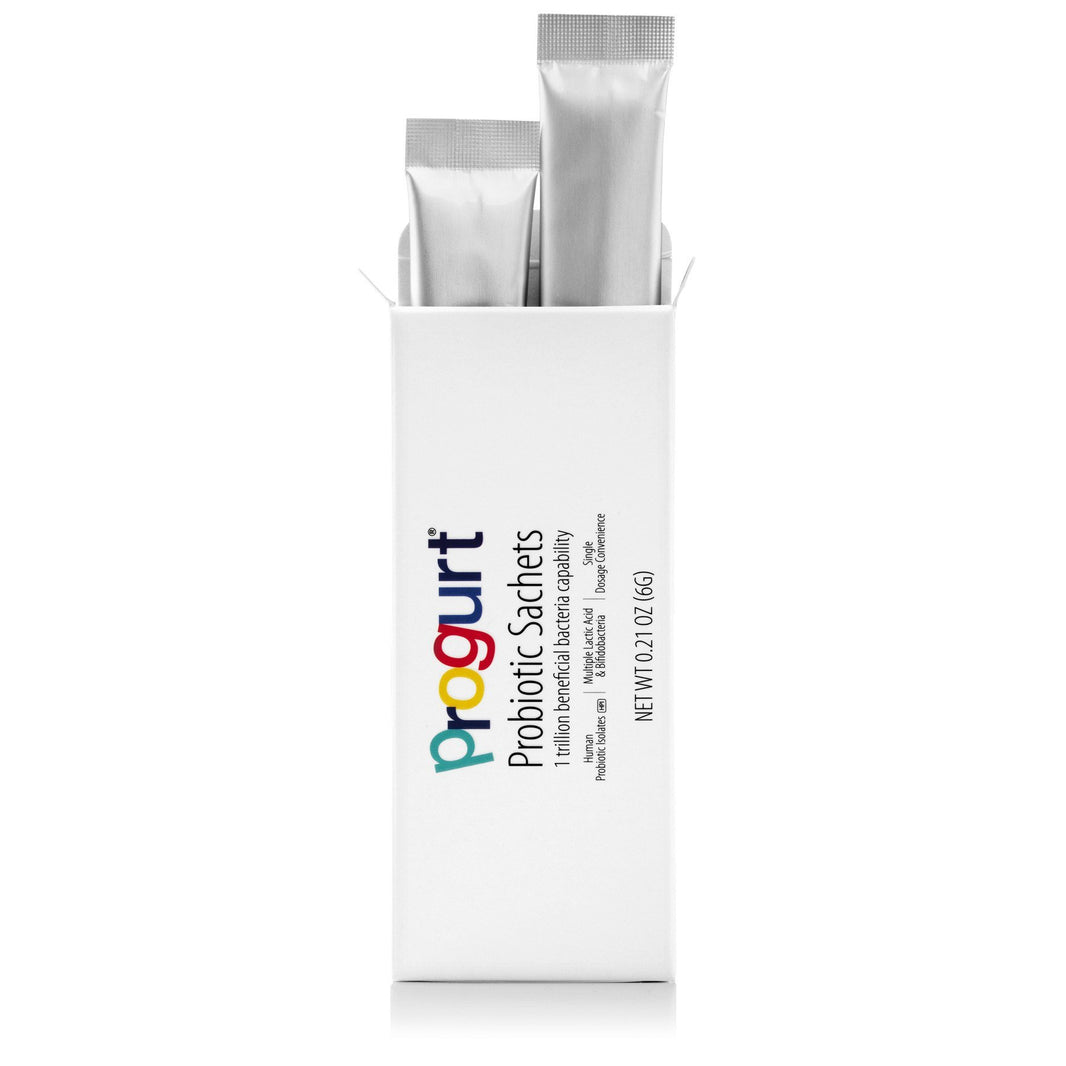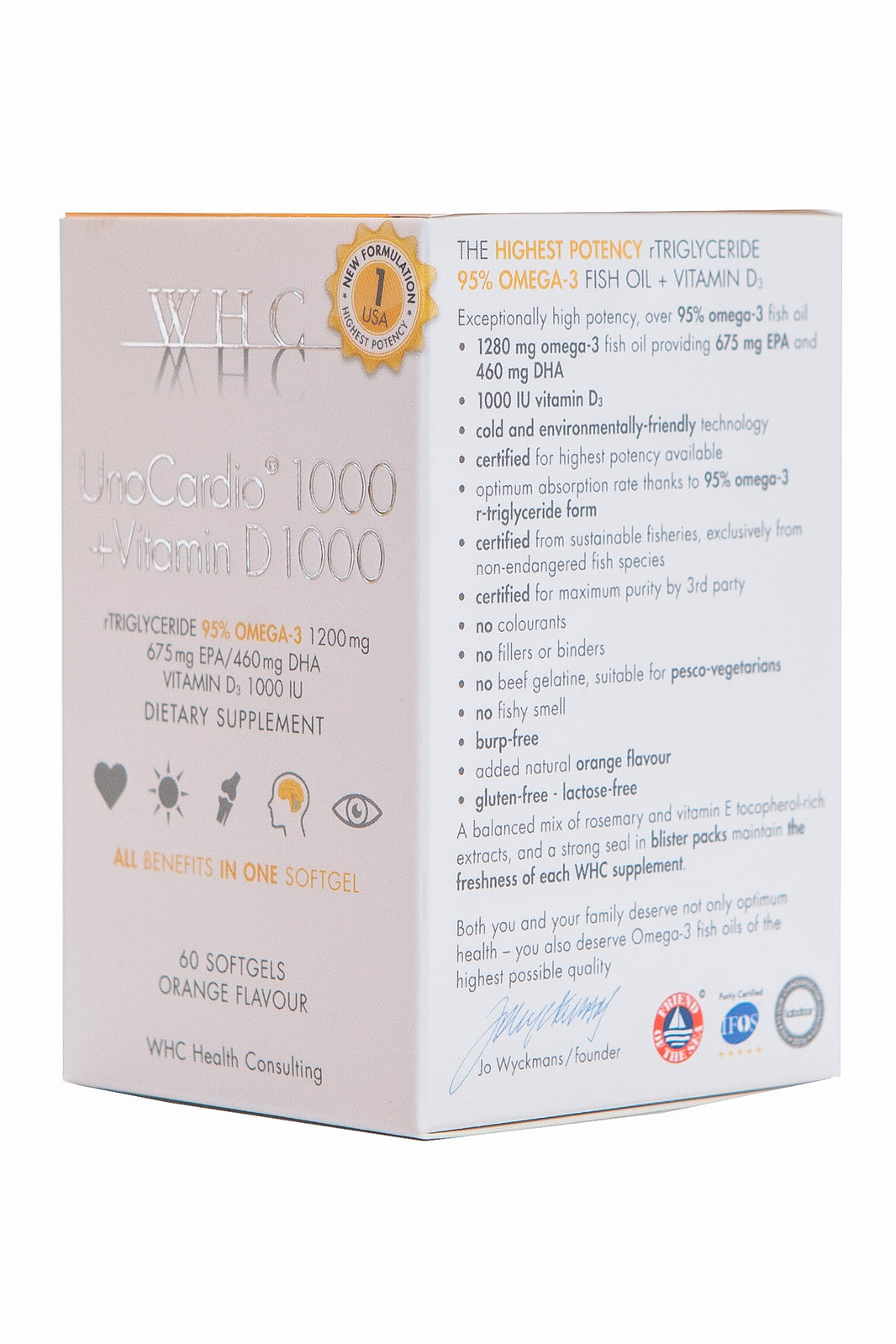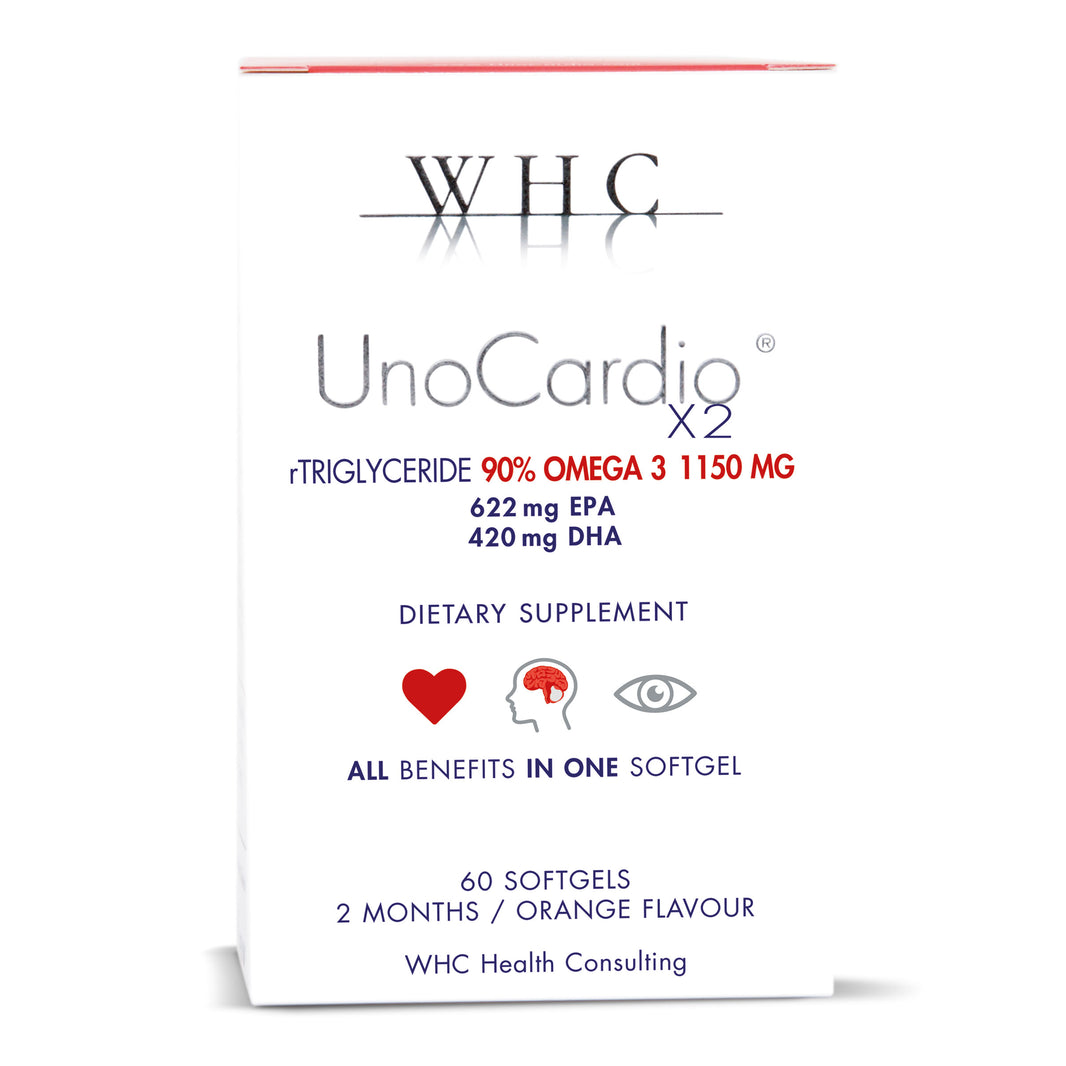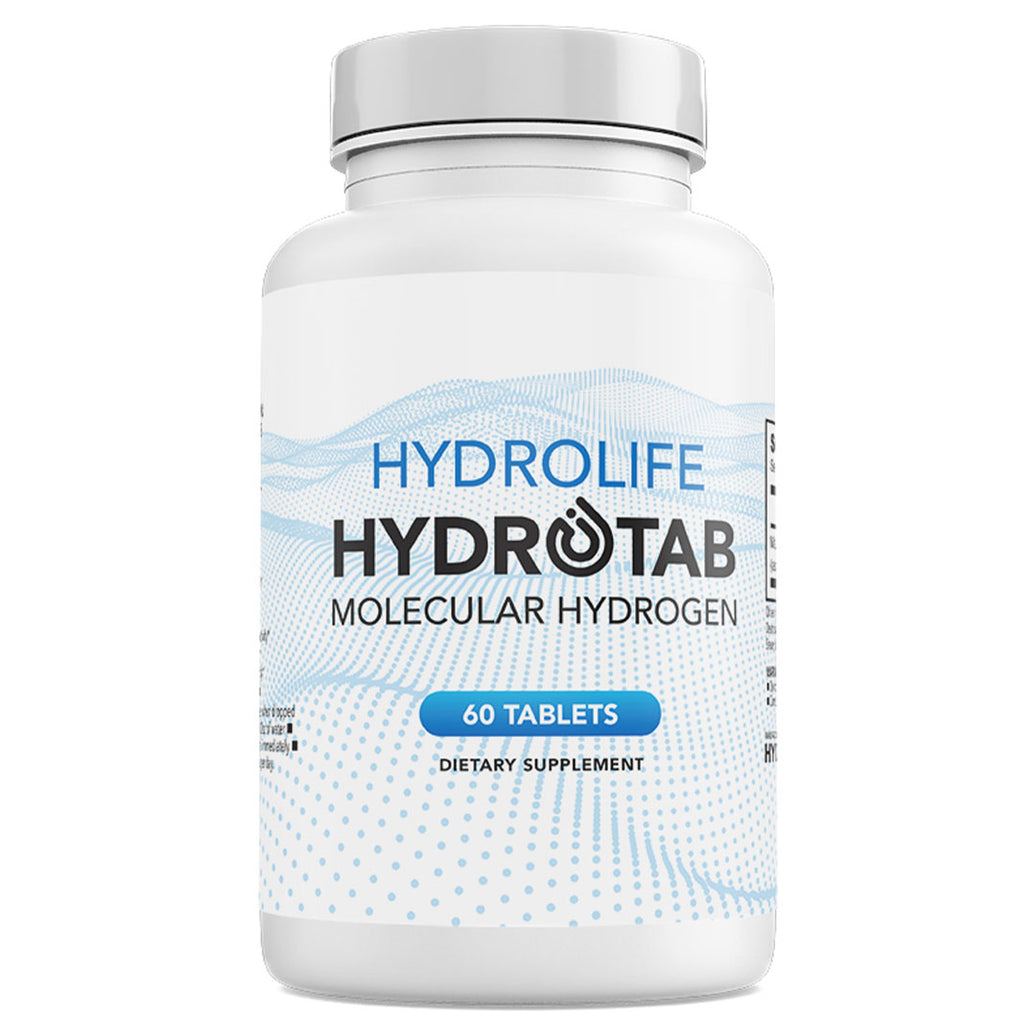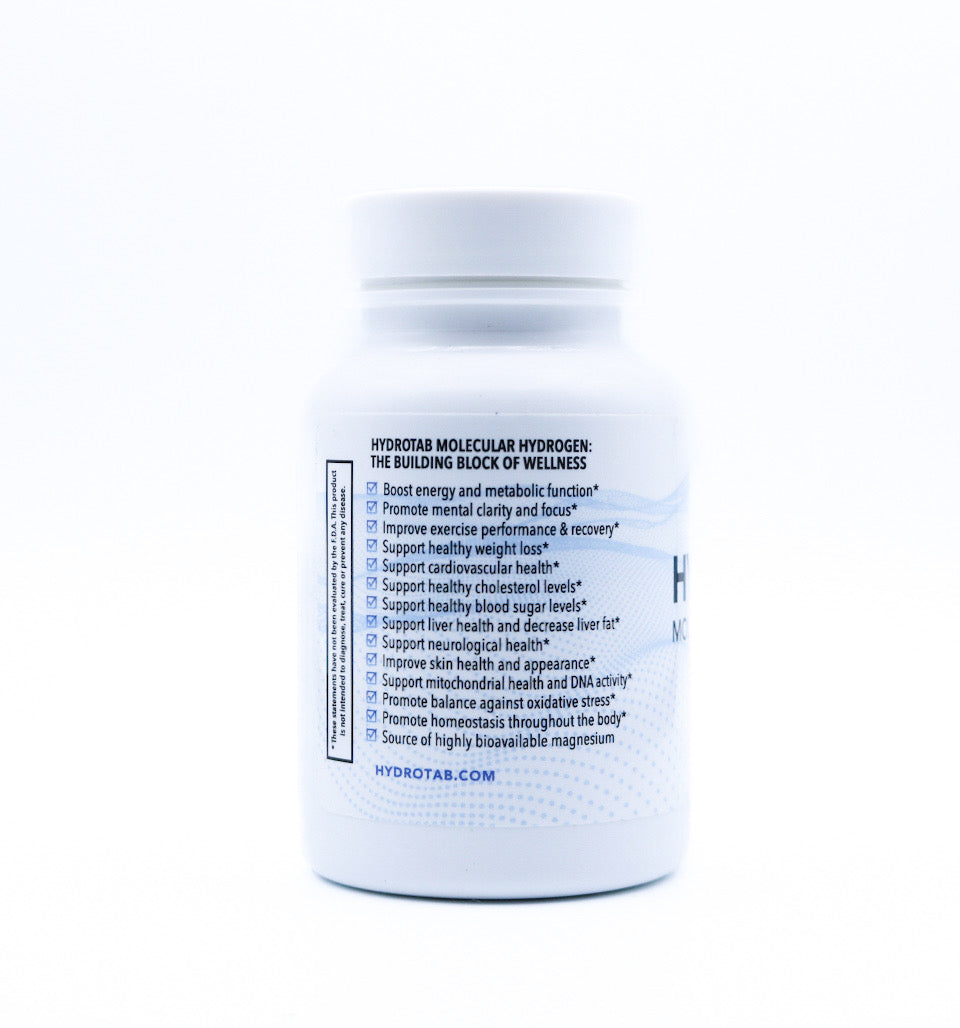Proper acid/alkaline balance is vital for your overall vitality, health and wellbeing. Without it, you can't thrive, your energy and immunity wane, and you can encounter all manner of health problems.
pH is an abbreviation of 'potential of hydrogen', meaning the hydrogen ion concentration in your body. It's also the measure of acid/alkaline in your body, measured on the pH scale of 0 to 14.
The number seven is neutral, with anything below it on the acidic spectrum and anything above on the alkaline spectrum.
The human body needs pH blood (serum) and tissue balance of around 7.35 to 7.45 to survive, with stomach and vaginal pH being more on the acidic side in a healthy individual.
It's when these levels chronically deviate from the norm that health problems can start to arise.
Electrolytes and pH Balance
Electrolytes are essential minerals in your body such as calcium, magnesium, potassium, phosphate, sodium and chloride with a slight electrical charge.
Electrolytes have a critical role, generating a flow of electrical signals, powering cells, helping to maintain fluid balance, regulating nerve and muscle function and maintaining a healthy body pH.
If your pH is too acidic or too alkaline, it can radically upset your electrolyte balance, with an ensuing raft of health issues, so it’s vitally important to maintain a healthy intake of electrolytes.
Gut Health and pH Balance
Poor gut health can lead to increased acidity in the body and looking after your gut pH is just as important as balancing your blood pH.
Without it a healthy gut pH, you cannot sustain the delicate equilibrium of digestive enzymes and microbiota needed to keep you and your digestive system healthy.
What causes pH imbalance?
Your body will always do its best to maintain a healthy pH balance, but the strains of modern living can take their toll.
Consequently, it depends on how kind you are to yourself and your body, as to how effectively it can keep everything in check.
Poor diet is a major contributing factor with sugar, grains, animal products, convenience, packaged, processed and junk foods causing acidosis (raised acidity).
Excess alcohol intake, medication including repeated antibiotics, chronic illness, poor sleep, stress and negative emotions, and too much or too little exercise can also contribute.
Added to which, we are increasingly exposed to a multitude of environmental toxins in our food chain, our water, toiletries and cleaning products, not to mention growing exposure to EMFs via WIFI, mobile phones and smart meters.
Symptoms of acidosis
Depending on how acidic your blood is, your symptoms can range from mild to more severe.
Even a slight increase in acidity can lead to lower oxygen transfer throughout your body, with fatigue and lowered immunity being the first signs.
Health issues can include:
1) Digestion can easily be affected, as high acidity leads to poor gut health and vice versa. You can experience symptoms like acid reflux, nausea, bloating, indigestion, IBS, and colitis.
2) Over 70% of your immune system lives in your gut. Impaired digestion will create an imbalance of gut microbiota and weaken your intestinal lining, resulting in inflammation, damaging your immunity and overall health. It will also interfere with nutrient absorption.
In a bid to restore the acid/alkaline balance, your body will effectively have to steal vital electrolyte minerals from other places where they are needed such as your bones, cells, tissues and organs, compromising your immunity and wellbeing further.
4) As your electrolytes become depleted, you may experience muscle weakness, aches and pains, and your nervous system may become affected with symptoms like tingling, numbness and headaches.
5) Acid can deposit in the joints, leading to arthritis.
6) When acid levels are too high, and pH regulatory organs like the kidneys are struggling to maintain equilibrium, your body will leach calcium from the bones leading to decreased bone density and osteoporosis.
7) Emerging research is now also linking increased acidity and inflammation to a whole host of illness and chronic diseases including kidney stones, cancer, metabolic syndrome and impaired glutathione synthesis.
How can you measure your pH?
You can obtain a good indication of your blood pH by testing your saliva or urine with pH test strips.
It is best to check urine pH first thing in the morning, and take an average reading from the first two times you pass urine in the day. The ideal range for both saliva and urine is 6.5 to 7.25. If it is consistently lower, you should consider taking action to correct your body’s acid-alkaline balance.
As you moderate your diet and make other lifestyle changes, you can monitor your progress by using such test strips, ideally conducting daily pH tests for 2-4 weeks. This way, you can ensure you’re on the right track.
How can you maintain a balanced pH?
1) Look after your gut health: Eat a natural, balanced whole food diet, with an abundance of brightly coloured vegetables and fruits. Add plenty of pre and probiotic foods and consume lots of fibre. Ensure you maintain a healthy gut pH too.
2) Make appropriate dietary changes: Ditch fried, processed, sugary foods and fizzy drinks and eat real food, cooking from scratch where possible. Eat lots of vegetables, fruits and fibre. Limit your alcohol and caffeine, and reduce dairy and grains.
3) Increase alkaline foods such as raw and cooked leafy greens, avocado, broccoli, cucumber, radishes, mushrooms, green beans, cabbage, celery, courgettes, asparagus, watermelon, garlic, ginger, alfalfa, wheat and barley grass. Regularly drink green smoothies and add lots of healthy fats to your daily diet. Hot water with lemon is also alkalising. Add chlorophyll to water or smoothies daily and use raw apple cider vinegar.
4) Electrolytes: If you’re eating well, you should be getting plenty of electrolytes through your diet. However, if you are intensively exercising or have recently been ill, it may be worth stocking up. Sadly, modern farming methods mean that our soils have become mineral depleted. Factor in a stressful lifestyle, and we can easily become low in nutrients like magnesium, in which case it may be worth supplementing.
5) Drink alkaline, ionised water: This is far more hydrating than regular tap or bottled water, and helps to neutralise acids and flush them from the body. It is probably the easiest and most effective thing that anyone can do to improve their health.
6) Stop taking unnecessary medication: Drugs cause acidity in the body. Unless you have to take prescribed medication for a specific condition, consider other natural ways of managing your health.
7) Look after your mental and emotional health and wellbeing: This may be last on the list but is no less important than any of the other points. Finding ways to manage stress and mental wellbeing effectively is paramount when it comes to overall good health. It also directly impacts your acid/alkaline balance.
Make sure you’re adequately hydrated and are getting enough of the right nutrients such as magnesium, B vitamins, zinc and omega-3 fish oils.
Get enough sleep, regularly spend an enjoyable time with friends and family, get out in nature, exercise, breathe deeply, do things you enjoy… you get the picture!
Conclusion
We hope you have found this article informative and helpful.
Remember, several factors contribute to acidosis – but as we have demonstrated, there are many practical steps you can take to encourage a healthy pH balance.
If you have any questions about the concepts discussed in this article, do not hesitate to get in touch with us. We’re always happy to talk through your requirements and make suggestions.
This article was written by Rebecca Rychlik-Cunning, Nutritional Therapist and Homeopath. Follow Rebecca on Instagram, Facebook and Medium, @rebeccabitesback.
Water for Health Ltd began trading in 2007 with the goal of positively affecting the lives of many. We still retain that mission because we believe that proper hydration and nutrition can make a massive difference to people’s health and quality of life. Click here to find out more.
Our carefully curated selection of high-quality alkaline supplements and alkaline water products is designed to support your body pH balance.
